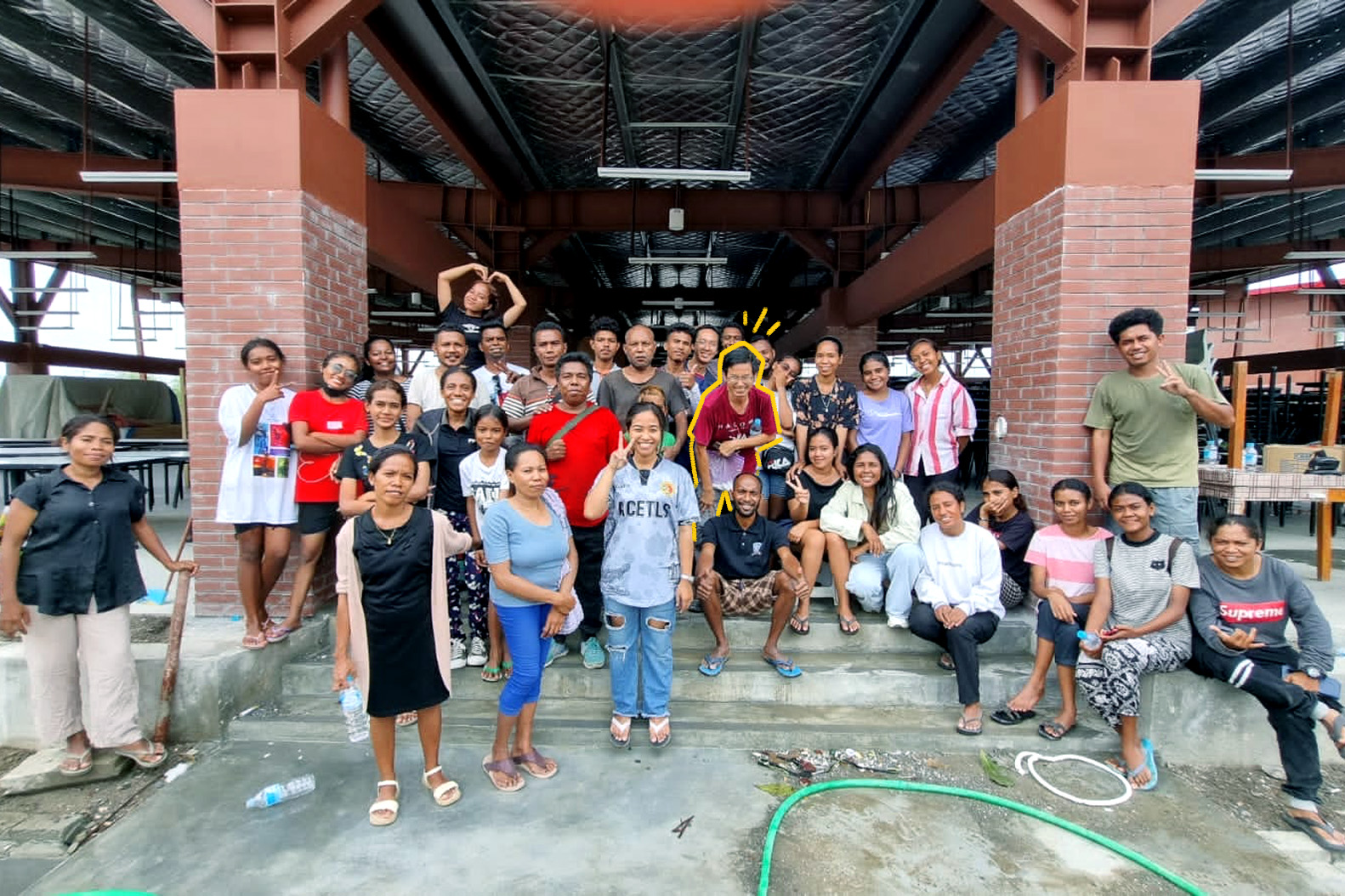$%#&@!!!
You’ve by now surely seen the video of the fight that broke out in a classroom at St Hilda’s Secondary School. It involved three boys, many punches, countless expletives and one by-standing adult.
(If you haven’t seen it, there’s no way we could possibly embed it for your viewing pleasure. We’re sure you’ll understand.)
Thanks to Facebook, suddenly the rest of Singapore has also gotten involved as digital by-standers and virtual rubberneckers. And everyone has something to say about it – emboldened by the anonymity that social media allows.
So as everyone gets sucked into the mess, we start to see social media caricatures of ourselves being played out by the people in the video.
When online, how many of us are like the first and smaller-sized bully, going around throwing taunts and expletives, knowing you won’t get struck yourself?
Are you more akin to the bigger bully, cockily throwing punches at someone who is at an obvious disadvantage?
Or do you identify as the adult who stood unhelpfully at the side the classroom doors, mere inches away from the brawl? Although he was reportedly an intern from an external agency who has “not been trained” to deal with these type of situations, many have suggested he could/should have intervened.
Why do so many of us believe it’s justifiable to hold others to a higher moral standing than we hold ourselves to?
Maybe you’re like the last boy who appeared in the video — #adulting right by placing himself firmly in harm’s way to stop the bullies, and ushering them out of the scene before things got worse.
There’s still another group of people in the video: Those on the sidelines lending their voice to the ruckus, if not their fists. Like the baying crowd at gladiatorial brawls of old, they call for blood by chiming in with abusive, goading comments. This is just as bad as those who actually throw a punch, ganging up against somebody who isn’t at liberty to speak up for themselves, hiding behind the safety of the sea of noise.
There’s something about digital anonymity that emboldens people to act as online vigilantes. They want in on the action, and dish out our their version of justice while sitting in the comfort of their cushioned chairs and behind monitor screens — far removed and detached from the actual horror.
Take the case of the couple who verbally and physically assaulted an old man at a hawker centre, for example. It’s true that watching it makes your blood boil at the outrageousness of the couple’s actions. But then some netizens went on to make barefaced physical threats against the couple.
What irony: Getting so angry at someone’s bullying that you resort to bullying yourself – fighting a moral battle without any moral high ground to stand on. Why do so many of us believe it’s justifiable to hold others to a higher moral standing than we hold ourselves to? It’s a high horse that’s surprisingly easy to leap onto.
Don’t join in the mob calling for a crucifixion. Don’t condemn kids. I doubt they’ll learn anything about love if all they now face is hate.
Particularly uncomfortable for me is clicking through into a vitriolic commenter’s Facebook profile, only to find them posting Verse of the Day links, photos of their Sunday ministry, or cell group outings. ????
We shouldn’t be quick to pick out someone else’s faults when we ourselves are not immune to having our own (Matthew 7:2-5) — because by the same measure that we judge, we will be judged accordingly (Romans 2:1). We should hold ourselves to the standard that Jesus set when He said “Let he who is without sin cast the first stone” (John 8:7).
While we stand for Truth, we were never told to mete out justice in 140 characters or less. Leave the dispensation of justice to the Courts, rather than interfering with our indignation.
This doesn’t mean we overlook injustice. We are never called to indifference. We need to rebuke and rebuild in love.
It might seem that we have forgotten that these boys are minors. Boys! Still wearing shorts! They’re at that stage in life when all of us will make mistakes and overstep boundaries.
Again, leave justice to those meant to dispense it. Don’t join in the mob calling for a crucifixion. Don’t condemn them at this young an age.
I doubt they’ll learn anything about love if all they now face is hate. If they’re ever to grow into mature adults who learn to be better from their mistakes, then we — as the village — need to bring our kids up by instilling in them values built on love and forgiveness. Which are best demonstrated, not merely taught.
So here’s a thought: Instead of channelling so much passion and keystrokes into playing judge and jury and throwing stones from afar, why not do something good with it?
It’s time to stop spreading the $%#&@!!!








